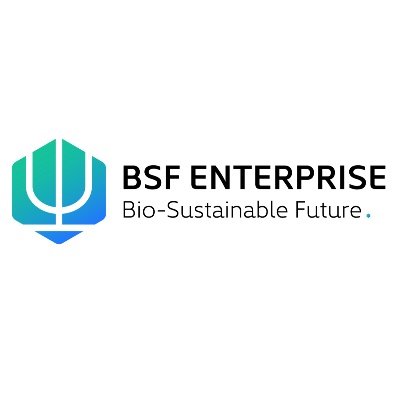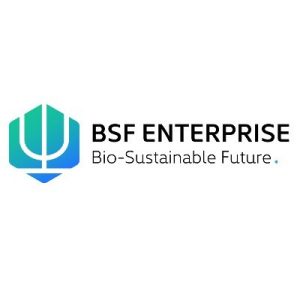Artificial leather is often marketed as a more sustainable option compared to traditional leather, yet questions remain about whether it truly delivers on this promise. Environmental concerns still surround the production of artificial leather, particularly the use of harmful chemicals in the process and its relatively limited durability over time.
Lab-Grown Leather, a subsidiary of BASF Enterprise PLC, has taken a unique approach to this challenge. Their focus is on creating leather through tissue engineering. By using immortalised cells, collected from an adult animal in a completely painless and ethically monitored procedure, they produce a structure similar to traditional leather, but grown entirely in a laboratory setting.
The lab-grown leather offers a cruelty-free and environmentally conscious solution, as it is derived from cultured animal cells. This innovative material provides several benefits. It is more sustainable, with a reduced environmental footprint and ethically sourced materials. In terms of durability, it retains the strength and wear-resistance of traditional leather, yet without the need for animal harm. Furthermore, the material’s versatility allows it to be tailored to suit different design and performance requirements, making it adaptable for a range of applications.
The idea of lab-grown leather opens up a conversation about the future of fashion. How could this emerging material revolutionise brands and play a role in creating a more sustainable industry?
Lab-grown leather presents a promising alternative that addresses some of the concerns associated with both artificial and traditional leather, offering an ethical and eco-friendly choice for the fashion industry.
BSF Enterprise plc (LON:BSFA), the owner of pioneering UK-based clinical and cellular agriculture company 3D Bio-Tissues, is unlocking the next generation of biotech solutions. It is achieving this through an acquisition-led growth strategy to drive the development of lab-grown tissues.


